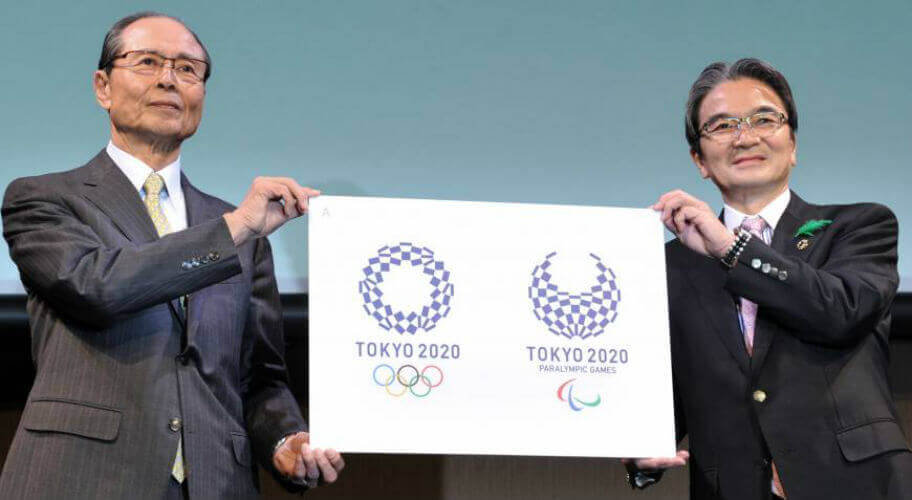Japan’s Early Olympic History Helped Globalize Swimming

Editorial content for the 2021 Tokyo Olympic Games coverage is sponsored by GMX7.
See full event coverage. Follow GMX7 on Instagram at @GMX7training #gmx7

By Dan D’Addona.
Japan is preparing to host the 2020 Olympic Games in Tokyo, and the country is looking forward to having the spotlight — especially in swimming.
The Japanese were not major factors in swimming in the first couple of Olympics, but then became a world power and have remained one since.
The Olympic Channel recently put out a video highlighting the unique history of Japanese swimming, especially in Olympic competition.
The Olympics were dominated by the U.S., Australia and Great Britain in the early part of the century. Other countries simply didn’t have the tradition or the resources in the sport to compete on a global level. At least not yet.
Japan did not even field a swimming team at the 1920 Olympics in Antwerp, Belgium. At that point, the country had only two competition pools in existence.
The big starting point for Japan was 1928 in Amsterdam when Japanese railway worker Yoshiyuki Tsuruta won the gold medal in the 200-meter breaststroke. It was just the second Olympic gold in any sport for Japan.
But it changed the way Japan viewed swimming.
The Olympic Channel video shows that Japan used underwater cameras to get a glimpse on what was happening in the previously unseen part of the stroke.
At that time, swimmers were supposed to remain square-shouldered in the water, but Japan revolutionized the sport by encouraging its swimmers to roll their shoulders in and out of the stroke.
All of that work and scientific study led to the 1932 Games in Los Angeles.
In the 100 freestyle that year, Yasuji Miyazaki won gold and Tatsugo Kawaishi won silver, giving the Japanese a 1-2 finish.
Japan won the 4×200 free relay then swept the 100 backstroke. Japan went 1-2 in the 200 breaststroke behind Tsuruta and Renzo Koike — and 1500 freestyle behind Kuso Kitamura and Shozo Makino.
Japan won 11 medals in 1932.
It was an incredible turnaround and helped globalize the sport.
Now, the Japanese will have the spotlight on them again as they prepare to host the biggest meet in the world — and the countdown has begun.




